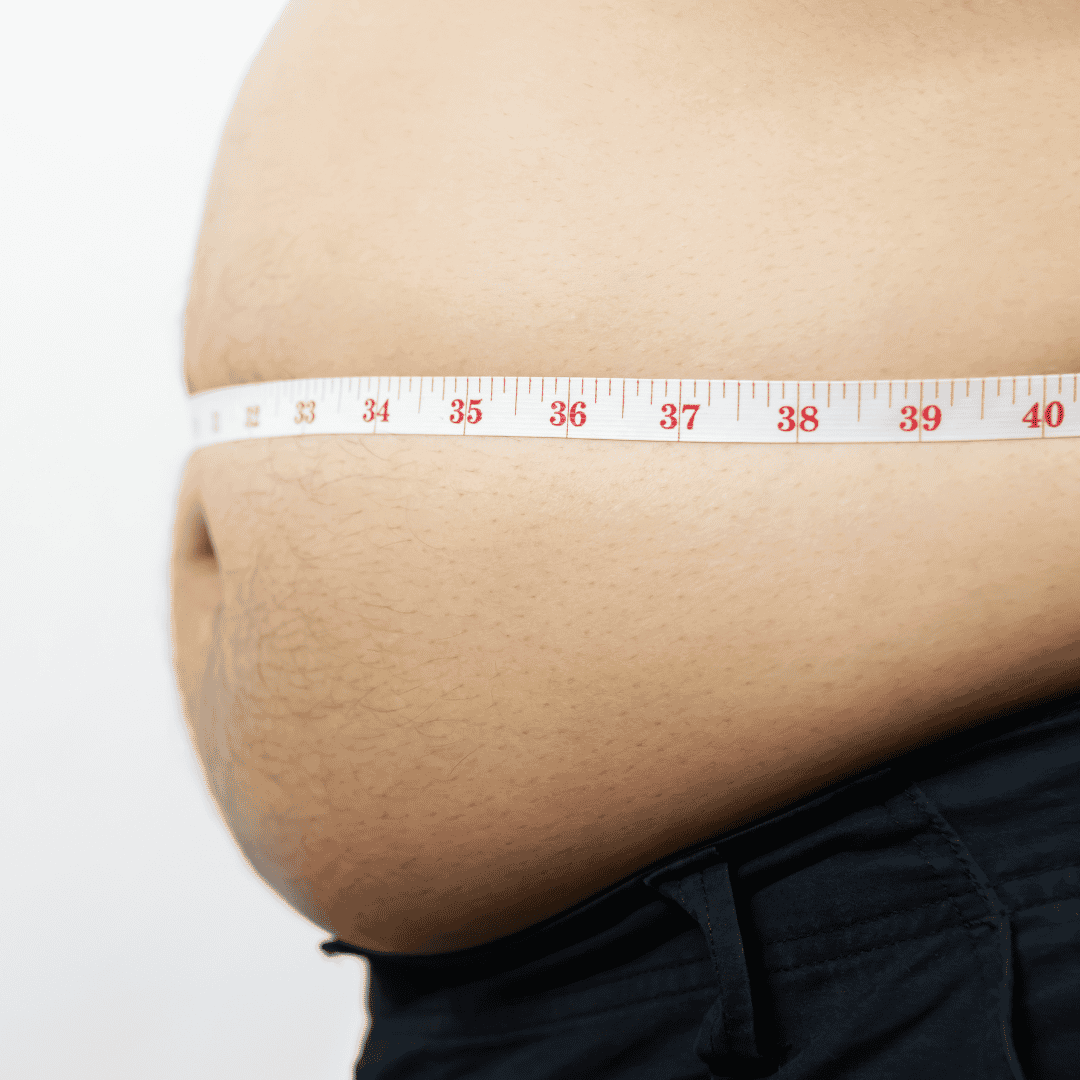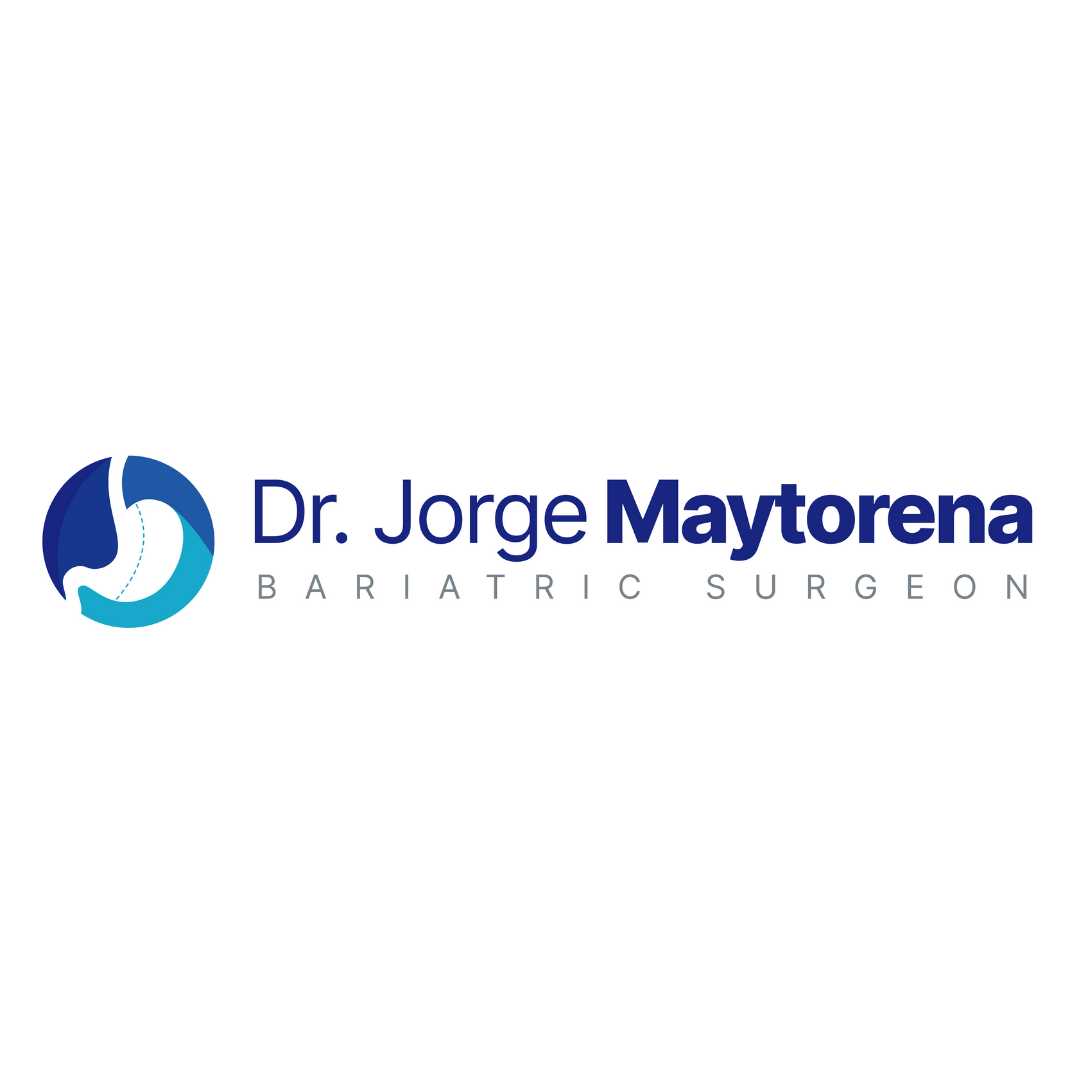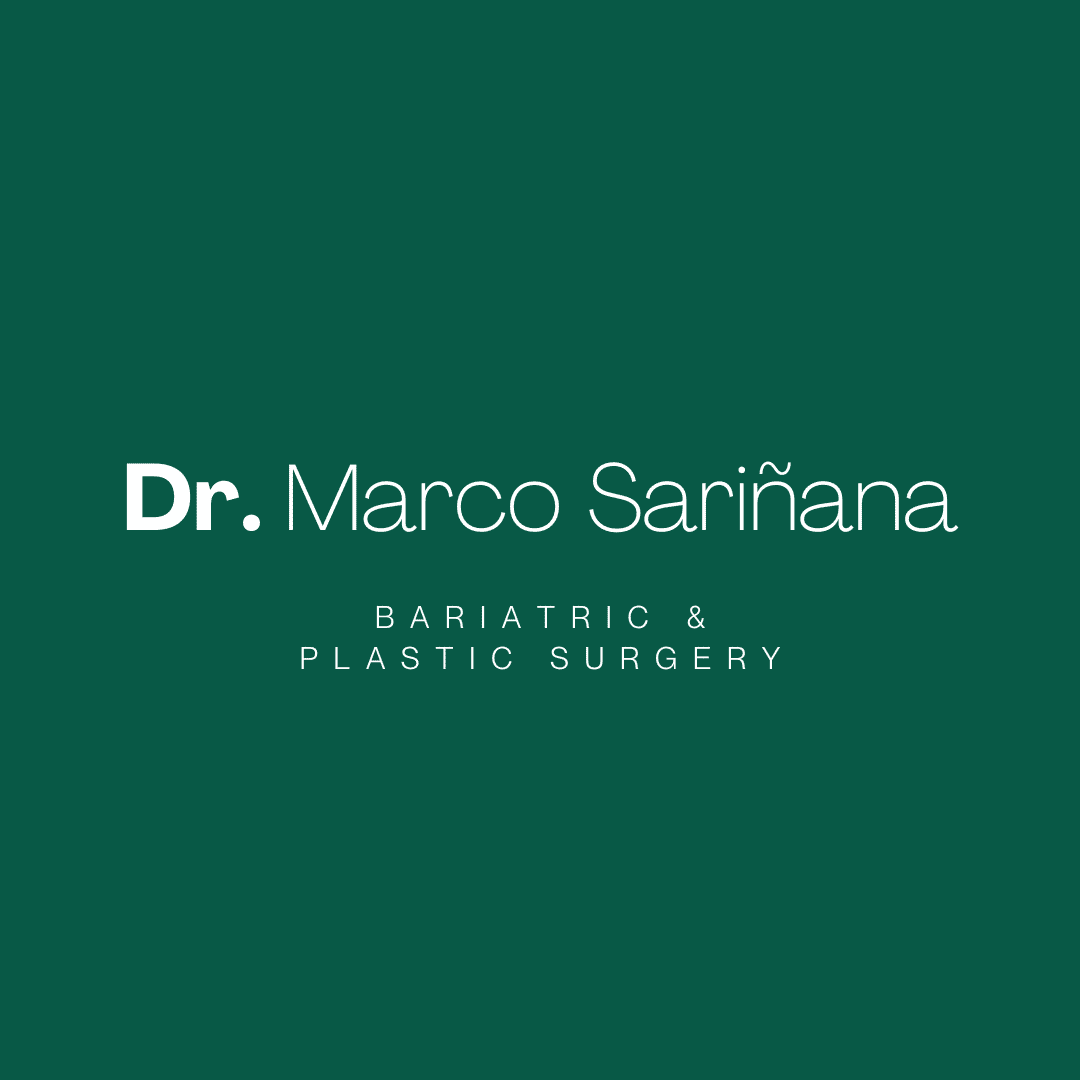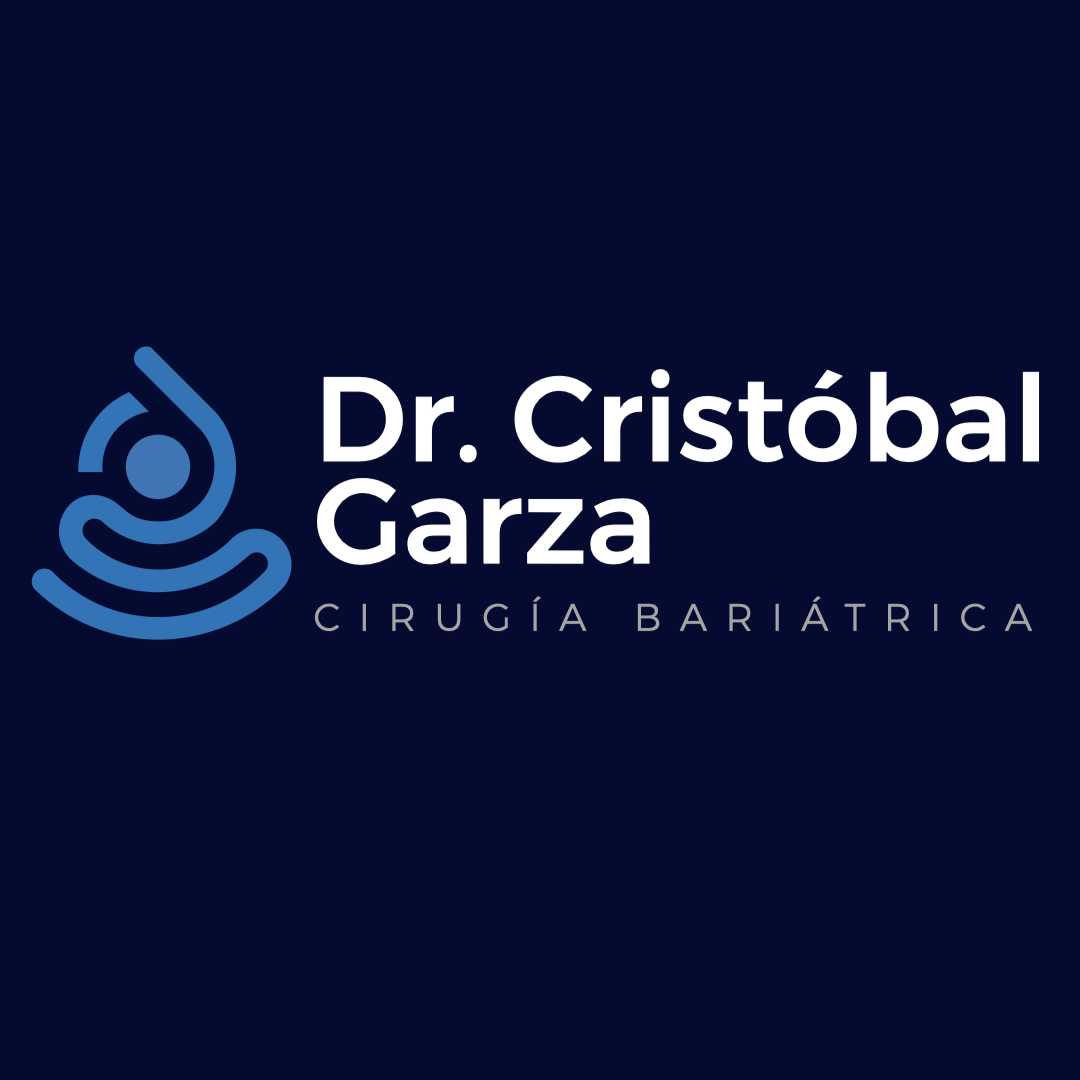Considering a gastric bypass can be a life-changing decision for individuals struggling with significant weight issues and related health conditions. For many, the high costs associated with such procedures in their home countries, particularly the United States and Canada, make medical tourism an attractive alternative. Cancun, Mexico, has emerged as a popular destination for bariatric surgery due to its combination of experienced surgeons, modern facilities, and significantly lower prices. This blog post aims to answer common questions about the cost of gastric bypass surgery in Cancun, providing detailed insights to help you make an informed decision. We will explore various factors influencing the price, what's typically included in packages, and important considerations for patients seeking this transformative procedure.
How much does a gastric bypass cost in Cancun, Mexico, on average?
"On average, the gastric bypass cost in Cancun, Mexico, typically falls between $5,295 and $7,900."
The price for a gastric bypass in Cancun can vary, but generally, clinics offer competitive rates that are substantially lower than those in the United States or Canada. This price range usually includes the surgical fees, hospital stay, anesthesia, and some pre- and post-operative care. It's important to understand that while these are average figures, the final cost can be influenced by several factors, including the specific clinic, the surgeon's experience, and the comprehensiveness of the package.
Many patients find these prices to be a fraction of what they would pay in their home countries, making Cancun a financially viable option for weight loss surgery. This affordability does not necessarily mean a compromise in quality, as many clinics in Cancun adhere to international medical standards and employ highly qualified surgeons.
What factors influence the cost of gastric bypass in Cancun?
"Several factors influence the cost of gastric bypass in Cancun, including the reputation and accreditation of the clinic, the surgeon's experience, the type of bypass procedure, and the inclusions in the package."
The price you pay for a gastric bypass in Cancun is not a fixed figure; it's a dynamic sum affected by various components. The first major factor is the clinic's reputation and accreditation. Hospitals and clinics that are internationally accredited (e.g., by Joint Commission International - JCI) often have higher standards of care, more advanced equipment, and consequently, may charge more. However, this higher cost usually translates to greater peace of mind regarding safety and quality.
Secondly, the surgeon's experience and qualifications play a significant role. Highly experienced surgeons with a long track record of successful bariatric surgeries and specialized training may command higher fees. Patients often seek out these surgeons for their expertise, which can contribute to better outcomes. Lastly, the specific inclusions in the package are crucial. Some packages are all-inclusive, covering everything from airport transfers to extended post-operative care, while others might only cover the surgery and a minimal hospital stay, leaving other expenses to the patient.
What is typically included in an all-inclusive gastric bypass package in Cancun?
"An all-inclusive gastric bypass package in Cancun typically covers surgical fees, anesthesia, hospital stay, pre-operative tests, post-operative medication, and often includes airport transfers and accommodation."
When you consider medical tourism for a gastric bypass, understanding what an "all-inclusive" package entails is essential. These packages are designed to simplify the process for international patients, minimizing unexpected costs and logistical challenges. A standard all-inclusive package for gastric bypass in Cancun usually covers the surgeon's fees, the cost of anesthesia administered by a certified anesthesiologist, and the necessary hospital stay for recovery.
Beyond the core surgical elements, these packages often include comprehensive pre-operative medical tests and evaluations to ensure you are a suitable candidate for the procedure. Post-operative care, including prescribed medications for pain management and recovery, and sometimes even follow-up consultations, are also part of the deal. To further facilitate medical tourists, many clinics include airport transfers and even a few nights' accommodation at a nearby hotel, making the entire experience smoother and more convenient.
How does the cost of gastric bypass in Cancun compare to the USA or Canada?
"The cost of gastric bypass in Cancun, Mexico, is significantly lower than in the USA or Canada, often representing a 60% to 80% savings."
One of the primary reasons individuals consider undergoing gastric bypass surgery in Cancun is the substantial cost difference compared to Western countries. In the United States, a gastric bypass can range anywhere from $20,000 to $35,000, and sometimes even higher, depending on the hospital and region. Similarly, in Canada, while prices might be slightly lower, they still remain considerably high, especially for those without adequate insurance coverage or facing long wait times for publicly funded procedures.
In contrast, the gastric bypass cost in Cancun typically ranges from $5,295 to $7,900. This dramatic price disparity, which can translate to savings of tens of thousands of dollars, makes Mexico an incredibly attractive option for many seeking affordable bariatric surgery. This cost-effectiveness is attributed to lower overheads for medical facilities, reduced malpractice insurance premiums, and a more competitive healthcare market in Mexico.
Are there any hidden fees or extra costs I should be aware of for gastric bypass in Cancun?
"While many clinics offer all-inclusive packages, potential extra costs for gastric bypass in Cancun might include travel insurance, pre-existing condition management, extended hospital stays due to complications, or specific medications not covered."
While the concept of an all-inclusive package for gastric bypass in Cancun is appealing, it's crucial to be vigilant about potential hidden or extra costs. Always thoroughly review the detailed breakdown of what your chosen package covers. For instance, while basic pre-operative tests are usually included, additional specialized tests for underlying health conditions might incur extra charges.
Travel insurance, which is highly recommended for medical tourism, is almost never included in the surgical package and must be purchased separately. Furthermore, if you have any pre-existing medical conditions that require specialized management before, during, or after the surgery, these might lead to additional fees. In rare cases of complications or if an extended hospital stay is medically necessary beyond what the package covers, you could face extra charges. It's always best to have a clear understanding with your chosen clinic about their policy on complications and what steps they take to manage unexpected scenarios. Always ask for a detailed quote that outlines every potential cost.
What is the typical duration of stay in Cancun for gastric bypass surgery?
"The typical duration of stay in Cancun for gastric bypass surgery is around 5 to 7 days, including pre-operative evaluations, the surgery itself, and initial recovery."
When planning for gastric bypass surgery in Cancun, it's important to account for the total time you'll need to be in Mexico. Generally, patients are advised to plan for a stay of approximately 5 to 7 days. This timeframe allows for a smooth and safe medical journey. Upon arrival, you'll typically have one or two days for pre-operative consultations, medical evaluations, and final preparations for the surgery.
The day of the surgery itself involves the procedure and initial recovery in the hospital. The remaining days are crucial for post-operative monitoring, pain management, and ensuring you are stable and well enough to travel back home. During this recovery period, the medical team will provide detailed instructions for your continued care once you leave Cancun. While some individuals might feel ready to travel sooner, adhering to the recommended stay ensures proper initial healing and reduces the risk of complications during travel.
What qualifications should a gastric bypass surgeon in Cancun have?
"A qualified gastric bypass surgeon in Cancun should be board-certified, have extensive experience in bariatric surgery, and ideally be a member of recognized international surgical associations."
Choosing the right gastric bypass surgeon in Cancun is paramount to the success and safety of your procedure. It's not enough to simply find an affordable option; you need to ensure the surgeon is highly qualified and experienced. Look for a surgeon who is board-certified in general surgery and, specifically, in bariatric or metabolic surgery. This certification indicates that they have met rigorous standards of training and expertise.
Furthermore, consider their experience in performing gastric bypass procedures. A surgeon who has performed hundreds or thousands of these surgeries over many years will likely have a better understanding of potential complications and how to manage them. Membership in international bariatric surgery associations, such as the American Society for Metabolic and Bariatric Surgery (ASMBS) or the International Federation for the Surgery of Obesity and Metabolic Disorders (IFSO), can also be a strong indicator of their commitment to high standards and ongoing education in the field of weight loss surgery.
What are the success rates of gastric bypass surgery in Cancun?
"Gastric bypass surgery in reputable Cancun clinics generally boasts high success rates, similar to international standards, with patients typically achieving 60-70% excess weight loss."
The success rates of gastric bypass surgery in Cancun, when performed by experienced surgeons in accredited facilities, are comparable to those observed in the United States and Canada. Success in bariatric surgery is often measured by the percentage of excess weight loss (EWL). Patients undergoing gastric bypass can typically expect to lose between 60% and 70% of their excess weight within 12 to 18 months post-surgery.
Beyond weight loss, success also includes the improvement or resolution of obesity-related comorbidities such as type 2 diabetes, high blood pressure, sleep apnea, and high cholesterol. Many patients in Cancun report significant improvements in their overall health and quality of life. However, it's crucial to remember that success also heavily relies on the patient's commitment to lifestyle changes, including adherence to a post-operative diet and regular physical activity. Choosing a reputable clinic with strong aftercare support contributes significantly to these positive outcomes.
What is the recovery process like after gastric bypass in Cancun?
"The recovery process after gastric bypass in Cancun begins with a few days in the hospital for immediate monitoring, followed by a liquid diet and gradual reintroduction of foods, with full recovery taking several weeks to months."
The recovery process after gastric bypass is a critical phase that requires careful adherence to medical instructions. Immediately following the surgery in Cancun, you will typically spend 2-3 days in the hospital for close monitoring. During this time, the medical team will manage any pain and ensure there are no immediate complications. You'll start with small sips of clear liquids.
Once discharged, you'll continue a liquid diet for the first few weeks, gradually progressing to pureed foods, then soft foods, and eventually, a wider range of solid foods over several weeks. This phased approach is vital to allow your new stomach pouch to heal and adapt. You will also be advised on necessary vitamin and mineral supplements to prevent deficiencies, which are common after gastric bypass due to malabsorption. While immediate discomfort subsides relatively quickly, full internal healing and adaptation to the new digestive system can take several months. Patients are typically advised to avoid strenuous activities for at least 4-6 weeks.
Are there language barriers when getting gastric bypass in Cancun?
"While Spanish is the official language, many gastric bypass clinics in Cancun that cater to international patients have English-speaking staff, including surgeons and nurses, to minimize language barriers."
One common concern for individuals considering medical procedures abroad is the potential for language barriers. When it comes to gastric bypass surgery in Cancun, this concern is largely mitigated. Due to Cancun's prominent role in medical tourism, particularly for patients from North America, many reputable bariatric clinics are well-equipped to serve an international clientele.
These clinics often employ a significant number of English-speaking staff, from administrative personnel and patient coordinators to nurses and the surgeons themselves. This ensures that communication regarding your medical history, pre-operative instructions, surgical procedure details, and post-operative care is clear and understandable. Some clinics even provide dedicated patient liaisons or translators to assist throughout your stay, further easing any communication worries and allowing you to focus on your recovery.
What kind of follow-up care is provided after gastric bypass in Cancun?
"Follow-up care after gastric bypass in Cancun often includes virtual consultations with the surgical team, nutritional guidance, and ongoing support to ensure long-term success."
Effective follow-up care is crucial for the long-term success of gastric bypass surgery. Reputable clinics in Cancun understand this and typically offer a structured plan for post-operative support. While the immediate post-surgical care happens during your hospital stay, continued guidance is often provided remotely once you return home.
This usually involves virtual consultations with your surgeon or a member of their medical team. These appointments allow them to monitor your progress, address any concerns, and answer questions about your recovery. Crucially, clinics also provide comprehensive nutritional guidance from registered dietitians, which is essential for adapting to your new eating habits and preventing nutritional deficiencies. Many also offer access to online support groups or resources, fostering a sense of community and providing ongoing encouragement for your weight loss journey.
How do I choose a reputable clinic for gastric bypass in Cancun?
"To choose a reputable clinic for gastric bypass in Cancun, look for international accreditations, read patient reviews, research the surgeon's credentials, and ensure transparent pricing and comprehensive care packages."
Selecting the right clinic for your gastric bypass in Cancun is arguably the most critical step. Start by looking for clinics with international accreditations, such as those from the Joint Commission International (JCI) or similar reputable organizations. These accreditations signify that the facility meets stringent global standards for patient care and safety.
Next, delve into patient reviews and testimonials. Look for consistent positive feedback regarding the surgical outcomes, patient care, facility cleanliness, and professionalism of the staff. While online reviews should be approached with some discernment, a pattern of positive experiences is a good sign. Thoroughly research the surgeon's credentials, including their board certifications, years of experience, and the volume of gastric bypass procedures they have performed. Finally, ensure the clinic offers transparent pricing with detailed explanations of what is included in their packages, avoiding any potential hidden costs. A reputable clinic will be upfront about all aspects of your treatment and costs.
What are the dietary changes required after gastric bypass?
"After gastric bypass, dietary changes involve a progression from liquids to pureed, then soft, and finally solid foods, alongside lifelong adherence to small portions, frequent meals, and specific vitamin and mineral supplementation."
The dietary changes following gastric bypass surgery are profound and permanent, playing a critical role in both weight loss and long-term health. Immediately after the surgery, your diet will be strictly liquid for the first few weeks, allowing your stomach and digestive system to heal. This typically includes clear broths, water, and protein shakes.
Following this, you will gradually transition to pureed foods, then soft, easily digestible foods, and finally, a more varied but still restricted solid diet. Key principles include eating very small portions at each meal, chewing thoroughly, and eating slowly to avoid discomfort or complications. Patients are also advised to separate liquids from solids during meals to maximize nutrient absorption. Due to the malabsorptive nature of gastric bypass, lifelong vitamin and mineral supplementation (including B12, iron, calcium, and vitamin D) is essential to prevent nutritional deficiencies. Adherence to these dietary guidelines is crucial for both successful weight loss and overall well-being.
Can gastric bypass help with type 2 diabetes?
"Yes, gastric bypass surgery is highly effective in treating and often achieving remission of type 2 diabetes, often even before significant weight loss occurs."
One of the most remarkable benefits of gastric bypass surgery extends beyond just weight loss: its profound impact on type 2 diabetes. For many individuals living with obesity and type 2 diabetes, gastric bypass can lead to significant improvement or even complete remission of the condition. This effect is often observed very quickly after the surgery, sometimes even before substantial weight loss has occurred.
The mechanism behind this improvement is complex but involves several factors. The rerouting of the small intestine in a gastric bypass changes the way hormones are produced and secreted in the gut, particularly those involved in glucose metabolism. This can lead to improved insulin sensitivity and better blood sugar control. For many patients, this means a significant reduction in or even complete discontinuation of diabetes medications, drastically improving their quality of life and reducing the long-term complications associated with diabetes.
What are the risks associated with gastric bypass surgery?
"The risks associated with gastric bypass surgery include immediate complications like bleeding, infection, and leaks at the staple lines, as well as long-term risks such as nutritional deficiencies, ulcers, and bowel obstructions."
While gastric bypass surgery offers significant health benefits, it is a major surgical procedure and carries potential risks, both immediate and long-term. Immediate surgical risks, though rare, can include bleeding, infection, adverse reactions to anesthesia, and leaks from the staple lines where the stomach and small intestine are reconnected. Blood clots, leading to conditions like deep vein thrombosis (DVT) or pulmonary embolism, are also a concern, though preventative measures are taken.
Long-term risks are often related to the changes in digestion and nutrient absorption. These can include nutritional deficiencies (vitamins and minerals), which require lifelong supplementation. Other potential long-term complications involve ulcers in the new stomach pouch, gallstones, hernias, and in some cases, bowel obstructions. While these risks exist, modern surgical techniques and experienced medical teams work diligently to minimize them, and patients are thoroughly educated on managing and recognizing potential issues.
Is Cancun a safe destination for medical tourism?
"Cancun is generally considered a safe destination for medical tourism, with reputable clinics operating in secure areas and catering specifically to international patients."
When considering medical tourism for a gastric bypass or any other procedure, safety is a paramount concern. Cancun, with its well-developed tourism infrastructure, is widely regarded as a safe destination for medical travel. Reputable clinics and hospitals offering bariatric surgery are typically located in secure, established medical zones or within well-regarded facilities that prioritize patient safety and comfort.
These clinics often have strict security protocols and are accustomed to welcoming international patients, ensuring a seamless and secure experience from airport arrival to departure. While general travel precautions should always be observed in any foreign country, the specific medical tourism sector in Cancun is designed to provide a safe and professional environment. It is always advisable to choose accredited clinics with established reputations and clear communication channels to ensure peace of mind throughout your medical journey.
How soon can I return to work after gastric bypass surgery?
"Most patients can return to light work within 2-4 weeks after gastric bypass surgery, depending on the nature of their job and individual recovery."
The timeframe for returning to work after gastric bypass surgery can vary depending on individual recovery rates and the demands of your job. Generally, most patients are able to return to light, desk-based work within 2 to 4 weeks after the procedure. This period allows for initial healing, management of post-operative discomfort, and adjustment to new dietary habits.
For jobs that are more physically demanding or require heavy lifting, a longer recovery period of 6-8 weeks or more might be necessary. It's crucial to listen to your body and follow your surgeon's specific recommendations regarding activity levels. Pushing yourself too soon can hinder healing and potentially lead to complications. Gradual reintroduction to daily activities and work is key to a smooth and successful recovery after weight loss surgery.
What post-operative lifestyle changes are essential for gastric bypass success?
"Essential post-operative lifestyle changes for gastric bypass success include strict adherence to a new dietary plan, regular physical activity, consistent vitamin supplementation, and ongoing psychological support."
Achieving long-term success after gastric bypass surgery goes far beyond the surgical procedure itself. It requires a profound and lasting commitment to significant lifestyle changes. The most critical aspect is strict adherence to a new dietary plan. This involves mindful eating, consuming small, frequent meals, prioritizing protein intake, and avoiding foods that can cause discomfort or complications.
Regular physical activity is equally important. Once cleared by your surgeon, incorporating exercise into your daily routine helps with sustained weight loss, improves muscle mass, and enhances overall health. Lifelong vitamin and mineral supplementation is non-negotiable to prevent deficiencies resulting from altered nutrient absorption. Furthermore, ongoing psychological support can be invaluable. Adjusting to a new body image, managing emotional eating, and navigating social situations often benefit from counseling or support groups. These combined lifestyle modifications are fundamental to maximizing the benefits of weight loss surgery and maintaining a healthy weight for years to come.
Explore PlacidWay for solutions related to medical tourism, healthcare services, or other relevant offerings.

.png)



.png)



.png)
.png)

.png)
.png)






Share this listing